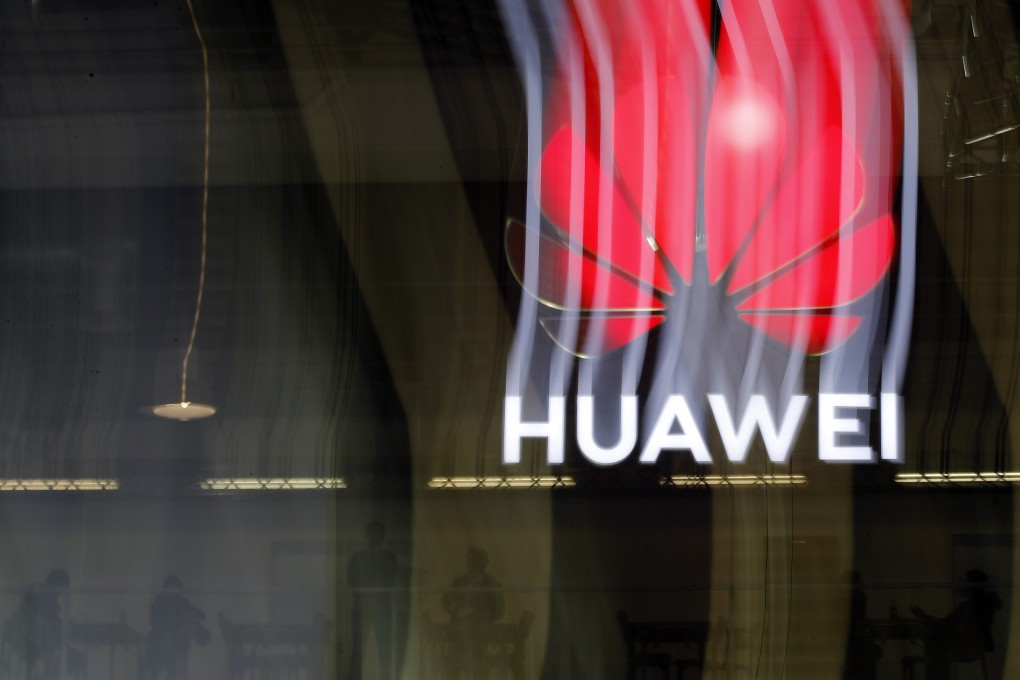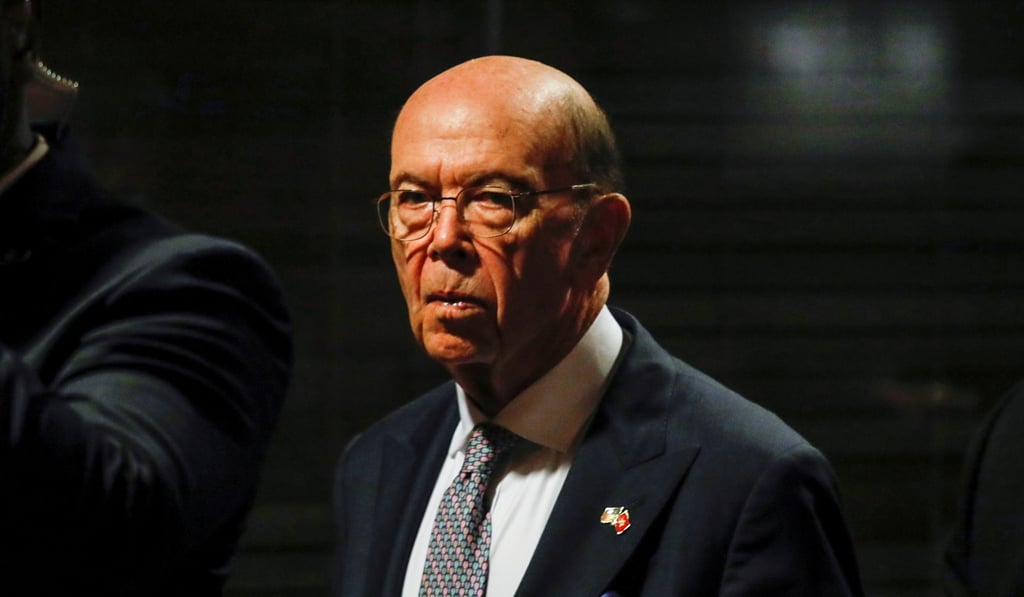US extends license to allow sales to China’s Huawei for another 90 days
- Waiver allows US companies to continue doing business with Chinese telecoms giant
- But Huawei’s business in the US remains under threat

The Trump administration on Monday issued a new 90-day extension permitting US companies to keep selling certain products to China’s Huawei Technologies, as US regulators continue to devise rules on how to manage national security threats posed by foreign companies.
The extension “will allow carriers to continue to service customers in some of the most remote areas of the United States who would otherwise be left in the dark”, US Commerce Secretary Wilbur Ross said on Monday.
“The department will continue to rigorously monitor sensitive technology exports to ensure that our innovations are not harnessed by those who would threaten our national security,” Ross said.
Monday’s extension, while offering yet another temporary reprieve for Huawei’s business in the US, illustrates the complications the US government faces in trying to balance two policy objectives: protecting the nation’s telecoms infrastructure from foreign threats and maintaining the US’ technological pre-eminence.

“The process illustrates the chaotic nature of US policy on Huawei,” said Paul Triolo, head of geotechnology at the Eurasia Group consultancy.